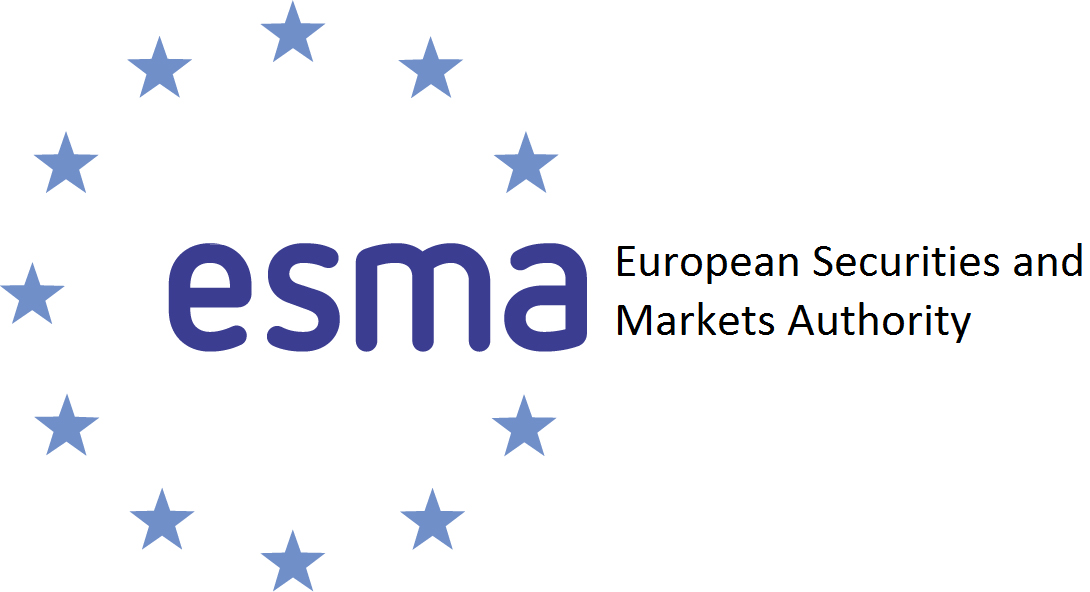Market participants from across the ETF industry are divided about the impact the Central Securities and Depositaries Regulation (CSDR) will have on the ecosystem.
CSDR was due to come into effect on 13 September later this year however the European Securities and Markets Authority (ESMA) made the decision to delay the regime by six months in February amid concerns market participants would be unable to implement the changes required in time.
The regime is designed to harmonise settlement standards and improve settlement efficiency across the European market while providing a common set of requirements for CSDs operating across Europe.
The new settlement discipline regime is set to affect a wide range of market participants including investment firms, CSDs, ETF issuers and service providers.
It places an emphasis on entities settling on time with fines implemented on firms that fail to do.
ESMA said the reasons for the delay were to give market participants more time to implement IT changes, develop ISO messages, market testing and adjustments to legal arrangements.
Ciaran Fitzpatrick, head of ETF servicing, Europe, at State Street, said the biggest challenge of CSDR is getting into a position where the regime can be fully implemented.
He added the regulation is placing “a huge amount of strain” and cost on the market participants involved.
“The ETF industry would certainly like to see more detail from the regulatory bodies such as AFME on exactly how the regulation will impact ETFs as there are more questions than answers to date,” Fitzpatrick continued.
“Although the timeline for the regulation has been pushed out to February 2021, this still leaves a relatively short window to have a full solution to the regulation implemented.”
However, Fitzpatrick did stress that once CSDR is fully implemented it will help develop a more harmonised settlement discipline for European-listed ETFs, especially if they are traded globally.
“The reduction of settlement timelines and ETF trade failures across the market can only be a positive development for the market.”
Echoing his views was Jim Goldie, head of ETF capital markets, EMEA, at Invesco, who said the harmonisation and increased settlement rates would be beneficial for ETF users, especially in countries that are more “settlement sensitive”.
“UCITS ETFs are very much an international wrapper and are being adopted more across Latin America, EMEA and Asia,” Goldie added. “This obviously presents challenges with fragmentation and can result in a single ETF having multiple share classes, listings and currencies that can be held in multiple CSDs. CSDR can be beneficial for ETF users.”
However, market makers are concerned the stringent rules around settlement times will lead to a widening of spreads.
Frank Mohr, global head of ETF sales and trading at Commerzbank, explained the cost for higher inventory and the cost the creation of new ETF shares in the primary market would be the catalyst for this.
“The buy side will clearly say it is positive because CSDR will reduce their non-settled positions.”
However, Mohr warned investors would end up paying higher costs because market makers will be forced to pass on the increasing cost burden resulting from the regulation.
Regulation, innovation and fee pressures: European ETF industry outlook 2020
While the attempt to address settlement failures is “well intentioned”, Simon McGhee, head of ETF business development, EMEA, at Bluefin Trading, agreed the increased operational expenses driven by cash penalties on late matching, settlement fails and mandatory buys ins would lead to wider spreads.
In terms of implementing the fines for late settlement, McGhee said ETF fines would be levied at 0.5 basis points per day with a buy-in triggered seven business days after the settlement date.
However, he stressed it remains unclear how these penalties will be collected, by who and whether this is venue specific.
Fitzpatrick added: “The CSDs are taking responsibility for issuing the penalties related to trade failures, however, the responsibility for buy-ins and how this process will work for European securities especially ETFs is far from clear, given the CSDs are not responsible for the buy-in process.”



